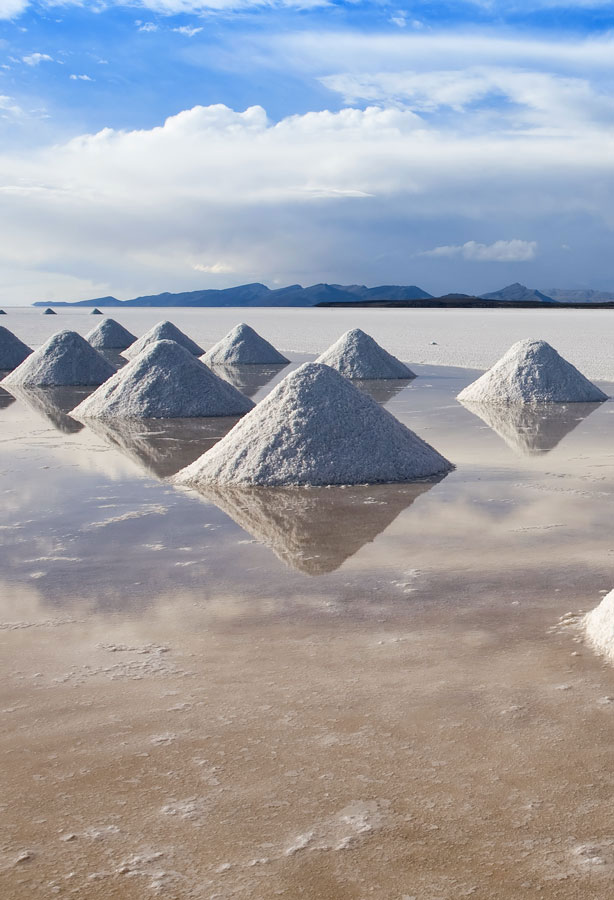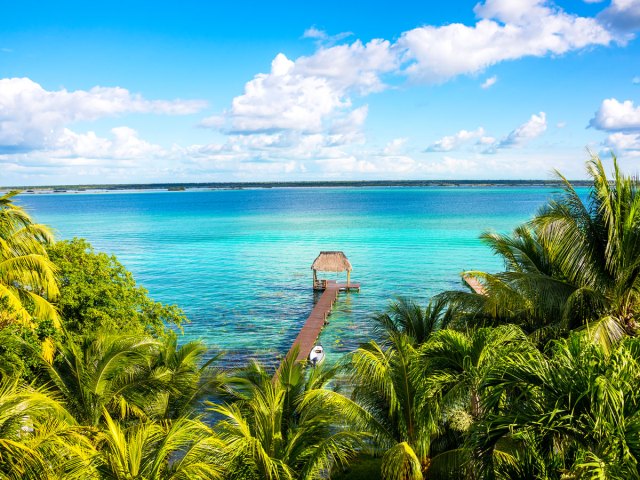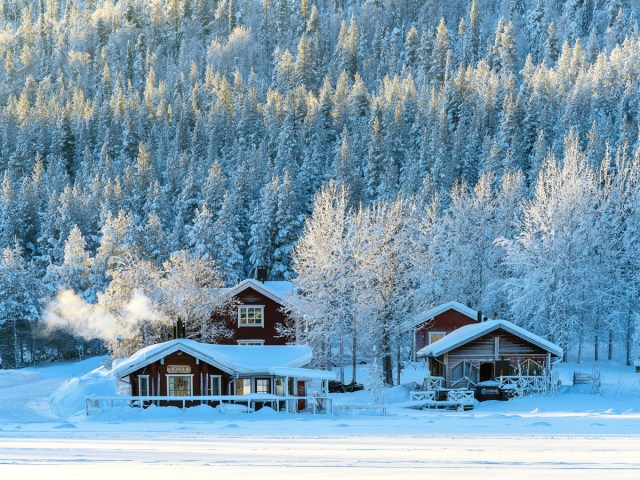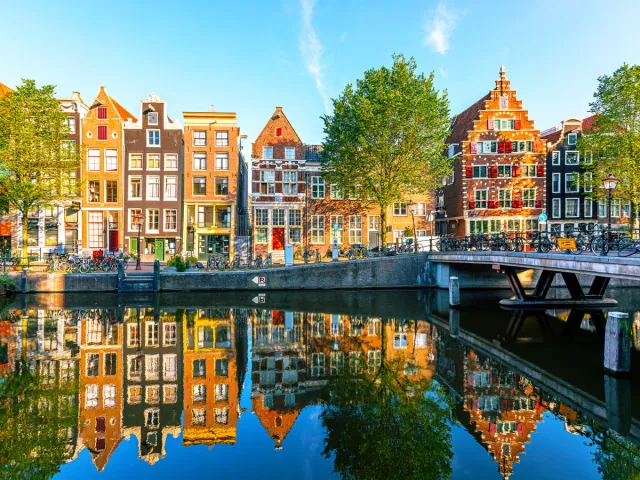Whether it be the name of a friend, a sports club, a shop, or a restaurant, many people tend to abbreviate names to make them easier to remember. This also rings true for countries. Not only do we shorten the official names of certain nations around the world, but in some cases, we change them significantly. Check out these seven official country names that aren’t what you might have originally thought.
United Mexican States
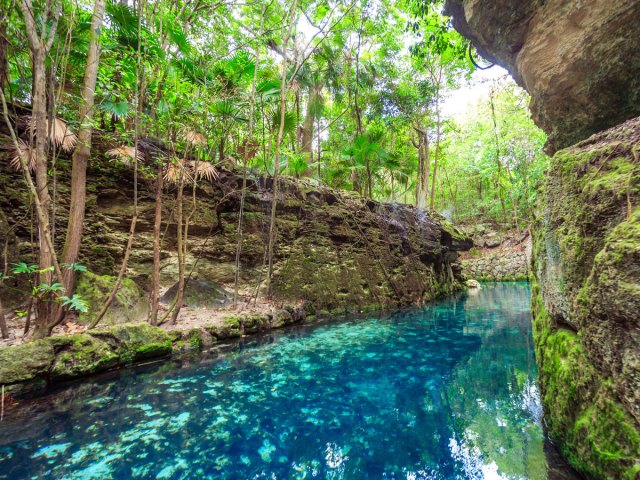
Though many people know America’s southern neighbor simply as “Mexico,” there’s more to its name. An independent nation since 1821, Mexico is a federation of 32 states. In October 1824, Mexico sanctioned its first post-independence constitution, known as the Federal Constitution of the United Mexican States. From that time forward, the country has been officially called the Estados Unidos Mexicanos, or United Mexican States. Nevertheless, most people stick to simply Mexico, with the longer version being used for diplomatic protocol and official documents.
As a destination, Mexico offers a captivating mix of Maya and Aztec history alongside Spanish colonial influences. Visitors will find bustling, cosmopolitan cities, blissful beach towns, mountains, and volcanoes. Among Mexico’s many fascinating sights to visit are the Mayan ruins at Chichén Itzá and Mexico City’s El Zócalo, the city’s sprawling main square which was once the capital of the Aztec city of Tenochtitlan. Water enthusiasts can also experience spectacular scuba diving and descend into the many spectacular cenotes of the Yucatán Peninsula.
Brunei Darussalam
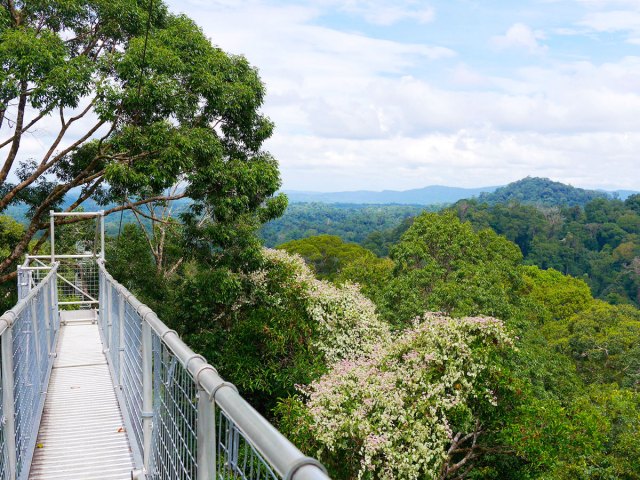
Commonly referred to as Brunei, this tiny nation sits on the northern coast of the island of Borneo. Home to less than half a million people, the oil-rich nation is the smallest country in Southeast Asia by population. According to legend, Brunei was established when a group of 14 brothers settled on the Brunei River, which provided them with water and fish. One was Awang Alak Betatar, who went on to become the first Sultan of Brunei. The official English name is Brunei Darussalam; the latter word is an Arabic term meaning “abode of peace”.
Today, Brunei Darussalam is a vibrant, culturally rich destination known for its beaches and biodiverse rainforest. Popular places for outdoor activities include Luagan Lalak Recreational Park and Ulu Temburong National Park. The capital city, Bandar Seri Begawan, is known for its lavish religious monuments, such as Sultan Omar Ali Saifuddien Mosque.
Grand Duchy of Luxembourg
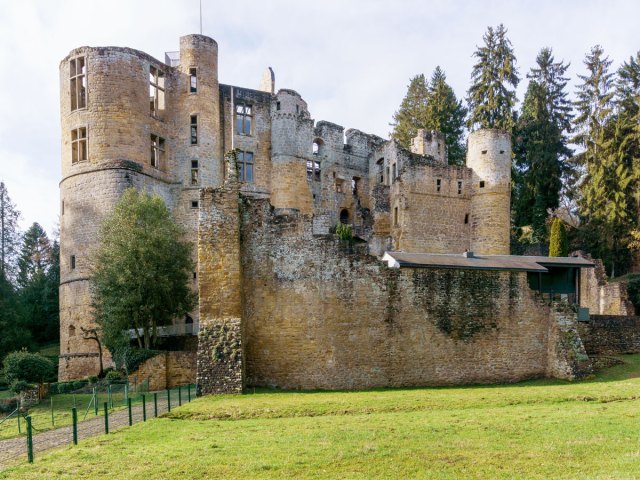
Luxembourg is a small Western European country landlocked by Belgium, France, and Germany. It’s characterized by charming villages, regal architecture, and a natural landscape filled with lush forests and rocky gorges. Enhancing this country’s regal stature is its official name, the Grand Duchy of Luxembourg. This refers to the counts, dukes, and grand dukes that have ruled the territory since Sigfried, Count of the Ardennes, arrived in 963. The first Grand Duke of an independent Luxembourg was Adolphe, and today it’s the world’s only extant grand duchy.
Despite its tiny size, Luxembourg offers plenty of appeal for tourists. Explore the medieval charms of Luxembourg City and journey through time at castles that seem straight out of a fairy tale. Or hike sections of the 70-mile Mullerthal Trail, which traverses a breathtaking mountainous region often nicknamed “Little Switzerland.”
Hellenic Republic
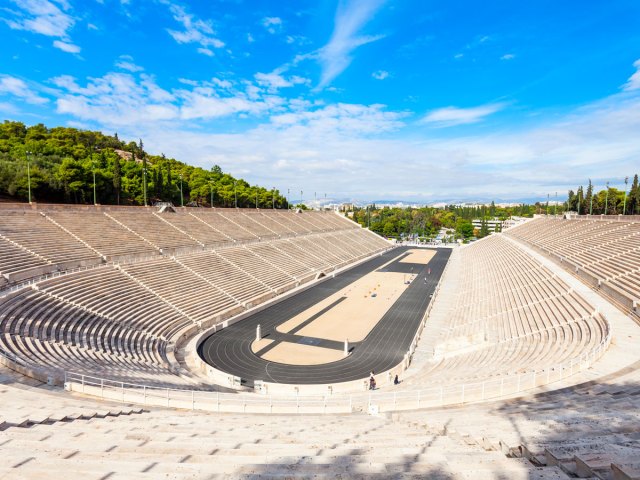
Much of the world knows it as Greece, but this Mediterranean country’s official name is the Hellenic Republic. It refers to the era of Hellenistic Greece, which spanned the time between the death of Alexander the Great in 323 BCE to the Battle of Corinth in 146 BCE. This was when Greek culture and language began to spread throughout the Mediterranean region. There are several theories behind the country’s more commonly known name, Greece. One is that it originated from Graikos, the son of Pandora and Zeus in Greek mythology. Another is that it comes from the Latin word Graeculus, a Roman term that meant “little Greeks.”
Greece, or the Hellenic Republic, is one of the world’s most popular destinations. A cradle of Western civilization, it’s home to iconic structures like the Acropolis of Athens and Panathenaic Stadium. It also boasts over 6,000 islands and islets, of which only 227 are inhabited. From Crete to Evia and Mykonos, they offer miles of pristine beaches, distinctive architecture, and endless opportunities for water-based activities.
The Lao People’s Democratic Republic
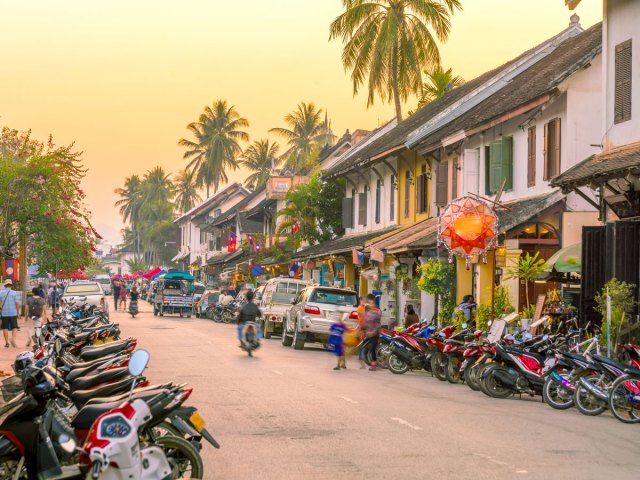
A favorite stop on the backpacker circuit in Southeast Asia, the Lao People’s Democratic Republic is the official name of the country more commonly known as Laos. The name is a reference to the country’s most dominant ethnic group, the Lao people. In 1893, French colonists took control of the current territory from the Siamese (present-day Thai) peoples and united three Lao kingdoms. The country declared independence in 1945. Following a change in governmental control and the abolishment of the monarchy, it was declared the Lao People’s Democratic Republic in 1975.
Traversed by the Mekong River, this landlocked country is famous for its Buddhist monasteries, French colonial architecture, hill tribes, and natural wonders. On many visitors’ agendas is a slow boat cruise along the Mekong from Huaysai to the historic town of Luang Prabang. There are opportunities to admire magnificent waterfalls around the verdant Bolaven Plateau and visit temples such as Pha That Luang Vientiane and Wat Xieng Thong.
Plurinational State of Bolivia
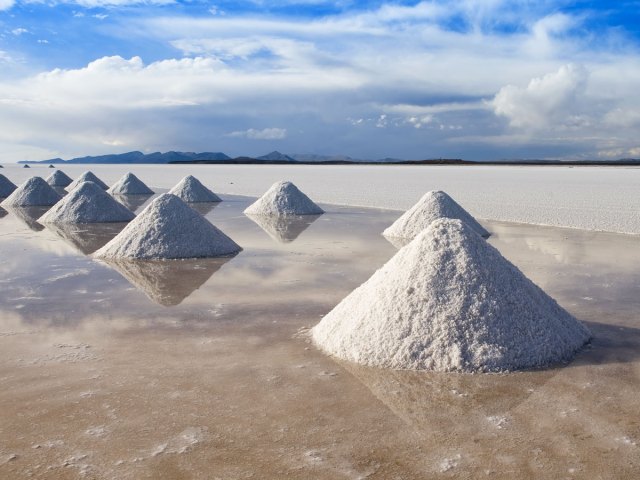
While internationally recognized as Bolivia, the official name of this South American highland country is a little more complex. The most recognizable part of the name, Bolivia, comes from Venezuelan military leader Simón Bolívar, who was instrumental in the region’s battle for independence from Spain in the 1800s. The “Plurinational” part was introduced in 2009 following a constitutional referendum. The idea was to celebrate the many people and cultures that call Bolivia home, in particular its Indigenous communities.
From the Andes mountains to the Amazon rainforests and the world’s highest navigable lake, Lake Titicaca, Bolivia is one of South America’s most topographically diverse countries. Its two capitals, La Paz (administrative and governmental) and Sucre (judicial) offer an intriguing blend of Indigenous traditions and Spanish influences. A highlight for many visitors is the chance to see the world’s largest salt flat, Salar de Uyuni, which covers an expanse of nearly 4,000 square miles.
Socialist Republic of Vietnam
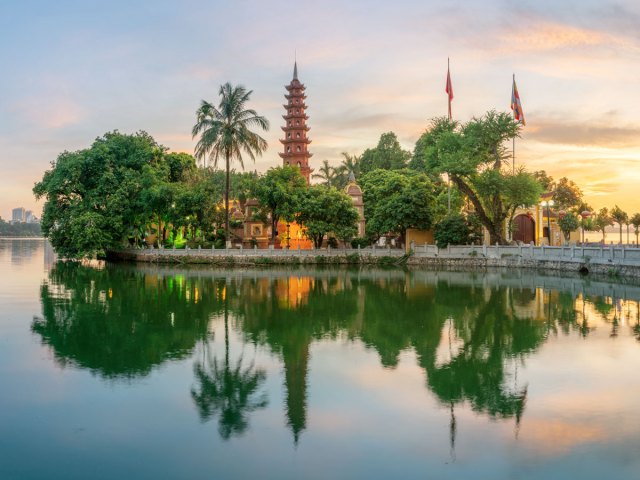
Bordered by the South China Sea, Vietnam has a long and often complex history. Various powers have influenced and controlled the region over thousands of years, from the Chinese to Mongols, Chams, Dutch, French, and Americans. After the country declared independence in 1945, it officially became known as the Democratic Republic of Vietnam (DRV). In 1954, the country was divided into two parts, and South Vietnam became known as the Republic of Vietnam (RVN). After the Vietnam War and reunification in 1976, the name was changed to the Socialist Republic of Vietnam. It represented a period when the country transitioned to socialism and worked toward nationalized construction and the defending of its borders.
From Hanoi in the north to Ho Chi Minh City in the south, Vietnam today is a treasure trove of cultural, culinary, and natural attractions. Highlights include cruising around picturesque Halong Bay, walking the rice terraces of Pu Long, and cycling alongside the Mekong Delta. Meanwhile, hungry travelers can tuck into local delicacies such as pho (beef noodle soup) and street food staples like banh mi (meat and pickled vegetable-filled baguette).
More from our network
Daily Passport is part of Optimism, which publishes content that uplifts, informs, and inspires.






